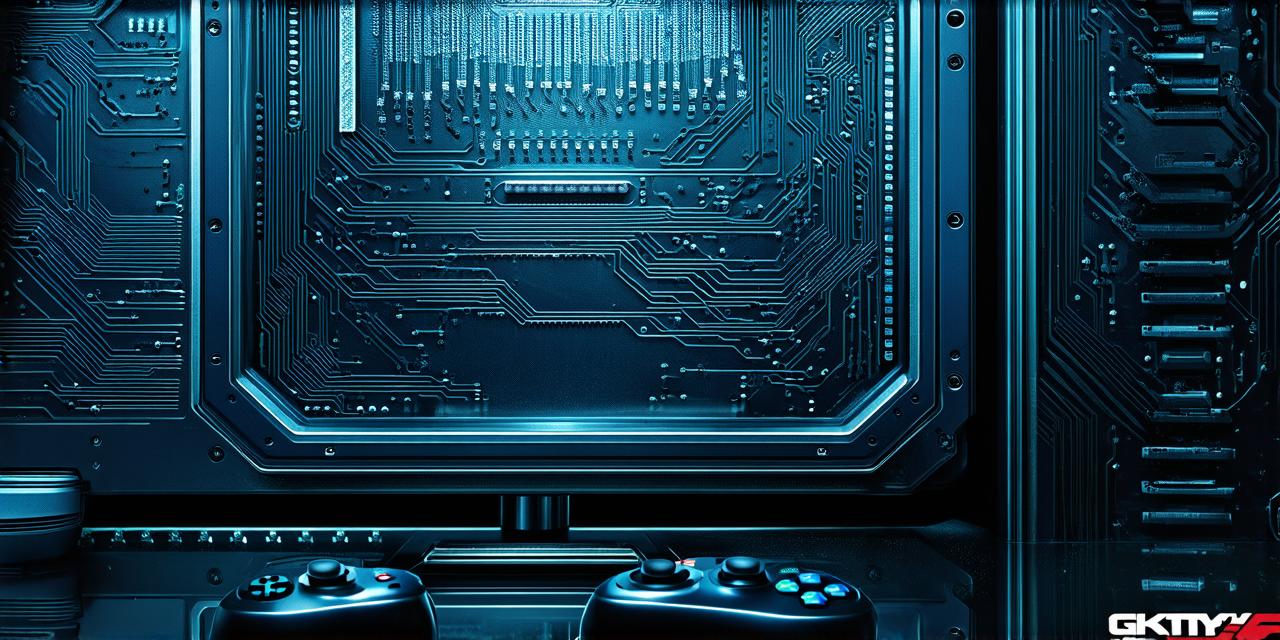What are Video Game Assets?
Video game assets refer to any digital files or resources used in the development of a video game. These assets encompass a wide range of elements, including artwork, audio files, code, levels, characters, and more. The value of these assets lies in their ability to enhance the overall quality and appeal of a game. By selling these assets, game developers can generate additional revenue and extend the lifespan of their games.
Why Sell Video Game Assets?
There are several compelling reasons why game developers should consider selling their video game assets:
- Revenue generation: Selling video game assets is an effective way for game developers to generate additional revenue beyond the initial sale of their game. This revenue can be used to fund future projects or expand the business.
- Monetization potential: Video game assets have significant monetization potential. Depending on the type of asset, it can be sold directly to other game developers or to fans of the original game.
- Brand expansion: Selling video game assets enables game developers to expand their brand and reach a wider audience. This can lead to increased exposure and recognition for the developer’s work.
- Increased value: Over time, video game assets can increase in value as they become more scarce and desirable. This can provide an additional stream of revenue for the developer.
How to Sell Video Game Assets
There are several ways that game developers can sell their video game assets:
- Direct sales: Game developers can sell their assets directly to other game developers or to fans of the original game through online marketplaces such as Unity Asset Store, Steam Workshop, or Creative Market. This method allows for direct access to potential buyers and can be an effective way to generate interest in the assets.
- Licensing: Game developers can license their assets to other developers for use in their own games. This can be done through a variety of licensing agreements, including exclusive and non-exclusive licenses. This method allows for revenue sharing and can be an effective way to generate recurring revenue.
- Crowdfunding: Game developers can crowdfund the sale of their assets on platforms such as Kickstarter or Indiegogo. This can be an effective way to generate interest in the assets and raise funds for future projects. This method allows for direct engagement with potential buyers and can be an effective way to build a loyal customer base.
- Auctions: Game developers can auction off their assets on online auction houses such as eBay or Paddle8. This can be an effective way to generate a high price for the asset, but may require significant effort and expertise to market effectively. This method allows for direct engagement with potential buyers and can be an effective way to build brand awareness.
Best Practices for Selling Video Game Assets
When selling video game assets, there are several best practices that game developers should follow:
- Quality control: Before selling any assets, it’s essential to ensure that they are of high quality and meet the expectations of potential buyers. This can involve testing the assets in a variety of games and environments to guarantee that they work effectively.
- Pricing strategy: Game developers should carefully consider their pricing strategy when selling assets. Factors such as demand, competition, and perceived value should be taken into account. This can help to ensure that the assets are priced appropriately and generate interest from potential buyers.
- Marketing and promotion: To generate interest in their assets, game developers should invest time and resources into marketing and promoting their assets effectively. This can involve creating detailed product pages, reaching out to potential buyers, and leveraging social media and other online channels. This can help to build brand awareness and attract potential buyers to the assets.
- Legal considerations: Game developers should be aware of legal considerations when selling video game assets. This includes obtaining proper licensing and ownership rights for any copyrighted materials used in the development of the asset, as well as ensuring that the asset does not infringe on any other intellectual property rights.
- Customer support: Game developers should provide excellent customer support to ensure a positive experience for buyers. This can include providing documentation and support for any technical issues with the asset, as well as responding promptly to customer inquiries and feedback.

Conclusion
In the rapidly evolving world of video gaming, developing a robust strategy for monetizing digital goods is essential for staying competitive and achieving long-term success. By adhering to best practices and investing time and resources into marketing and promotion, game developers can successfully sell their video game assets and cultivate a loyal customer base. Whether it’s through direct sales, licensing, crowdfunding, or auctions, selling video game assets can be an effective way for game developers to generate additional revenue and extend the lifespan of their games.
